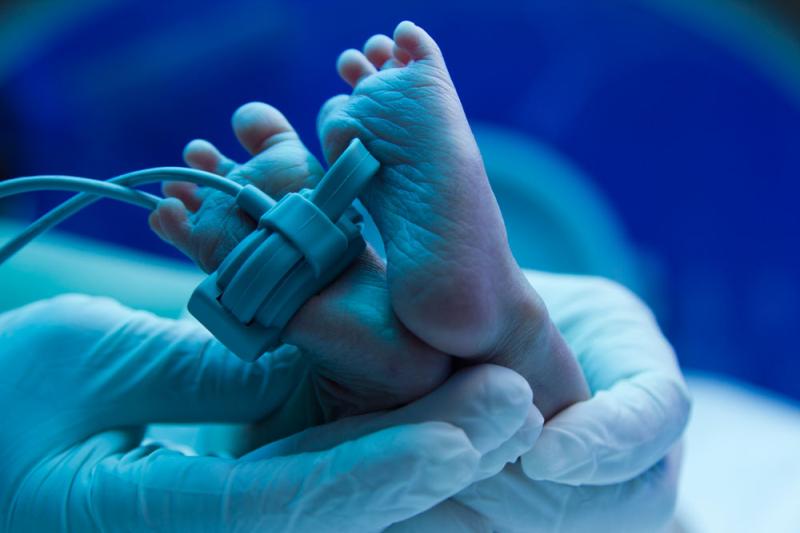 Therapeutic Hypothermia
Therapeutic HypothermiaNeonates with hypoxic-ischaemic encephalopathy (HIE) who are treated with therapeutic hypothermia after perinatal sentinel events experience less severe injury on brain magnetic resonance imaging (MRI) following rewarming, a study has shown. Motor and language outcomes also improve at 18–36 months.
This retrospective single-centre study examined the association between perinatal sentinel events and brain MRI or neurodevelopmental outcomes in neonates with HIE receiving therapeutic hypothermia. The authors collected data regarding perinatal history, brain MRI and neurodevelopmental outcome.
A total of 182 neonates were analysed, of whom 53 (29 percent) had perinatal sentinel events and 129 (71 percent) did not. Neonates with vs without perinatal sentinel events had more normal MRIs (76 percent vs 55 percent; p=0.01).
Perinatal sentinel events have been shown to correlate with favourable motor outcome (p=0.02), language outcome (p=0.03) and trend to better cognitive scores (p=0.13). Moreover, the favourable motor outcome remained consistent (odds ratio for impairment, 0.15, 95 percent confidence interval, 0.003–0.84; p=0.03) after adjustment for the degree of encephalopathy and brain MRI injury.
Furthermore, injury on brain MRI despite therapeutic hypothermia after perinatal sentinel events correlated with unfavourable neurodevelopmental outcome (p<0.001).
In an earlier study by Sarkar and colleagues, results showed that a clinically identifiable intrapartum sentinel event was associated with neonatal death and severe injury, as shown in brain MRI, even after hypothermia. [J Pediatr 2011;159:726-730]